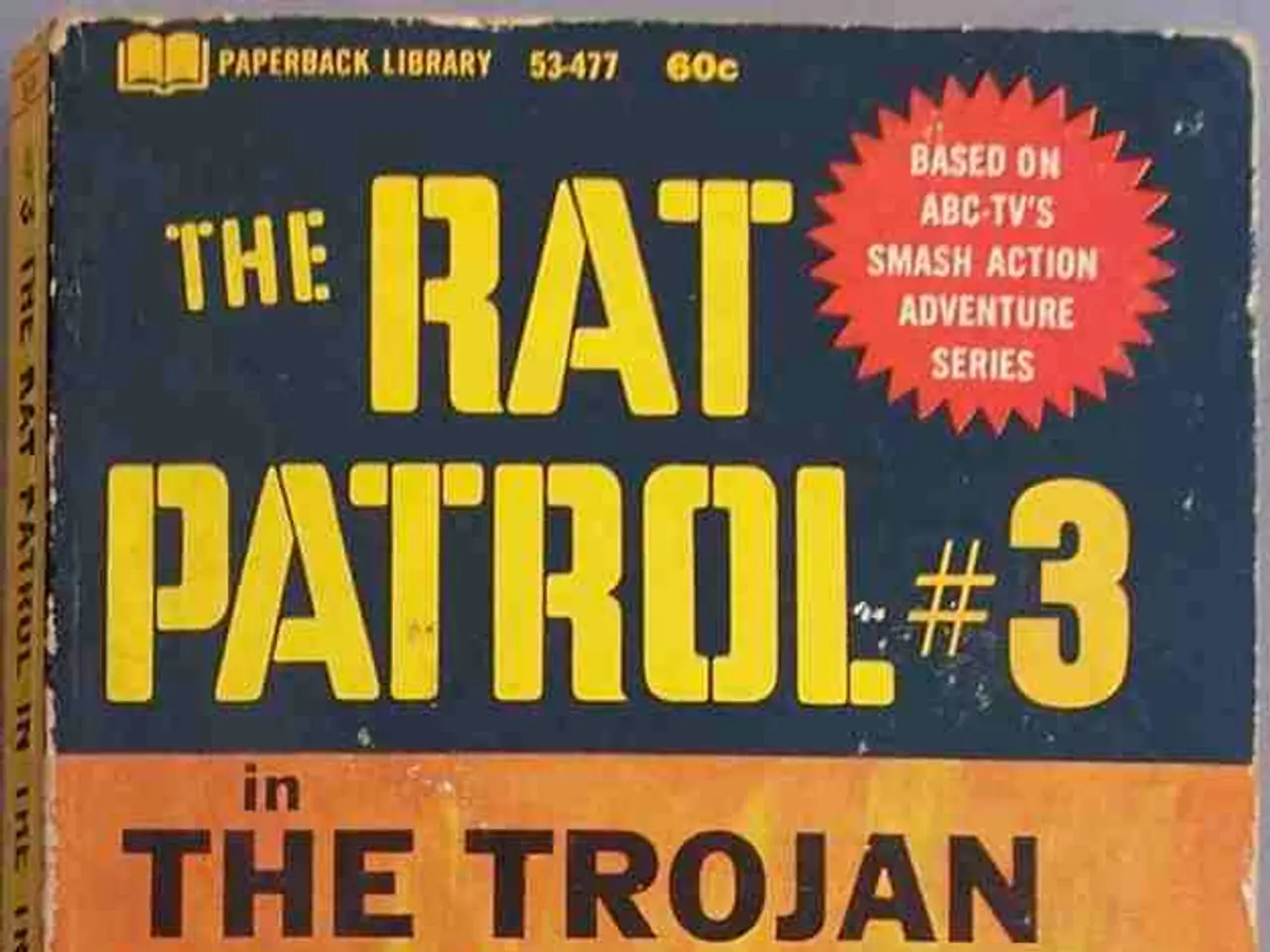Month of Brutality in Gaza: Palestinians Suffer Under a Harsh Wave of Slaughter, as the American Facade Crumbles
In the ongoing Israel-Palestine conflict, the designation of Hamas as a terrorist organization by several countries, including the UK, has significant implications. The British government proscribed the entire Hamas organization under the Terrorism Act 2000 in November 2021, extending beyond the previous prohibition of only its military wing since 2001.
This classification reflects an international consensus among many Western governments that Hamas's violent methods undermine peace efforts and regional stability. The proscription means that membership, support, and any financial transactions with the group are criminal offenses under UK law, leading to legal and operational restrictions. It also formalizes the UK government's condemnation of Hamas’s tactics and impacts diplomatic relations and peace process dynamics.
However, UK policy tries to balance security with humanitarian concerns to avoid disrupting aid to civilian populations affected by conflict. This approach was evident in similar cases like the Houthis in Yemen. The designation allows for proactive policing measures against terrorism, but the UK avoids overly broad application of terrorism laws that might restrict legitimate political expression or protest related to the Israel-Palestine dispute.
Meanwhile, the conflict continues to claim lives and spark protests. On April 7, a Palestinian citizen of Israel named Walid Daqqa died due to a lack of adequate medical care for bone marrow cancer. Daqqa was a writer and revolutionary thinker who formulated the concept of "parallel time", linking the larger prison of occupied Palestine to smaller prisons.
The Israeli-US policy of using starvation as a tool of war has been a contentious issue, with mass graves and testimonies from survivors of Israel's assault on al-Shifa hospital in the background due to attention being diverted to Israel's possible response to the Iranian counterattack.
The US continues to arm and provide full support for Israel's actions, while pleading for Israel to call a "ceasefire" and allow food into Gaza through more crossings. Despite this, there was no reported US or European condemnation of the Israeli attack on the Iranian consulate in Damascus.
The ongoing genocide in Gaza continues, with recent incidents including the killing of three sons and four grandchildren of Hamas political bureau leader Ismail Haniyeh in an air strike in Gaza's al-Shati camp on April 10. Haniyeh has lost a total of 60 family members due to Israeli attacks.
Conservative commentator Tucker Carlson recently interviewed Palestinian pastor Munther Isaac, criticizing US congressional and evangelical support for Israel. This interview and the ongoing conflict have sparked calls for change and protests both in the region and internationally.
The conflict's complexities extend beyond the scope of this article, but understanding the implications of Hamas's designation as a terrorist organization and the ongoing actions of involved parties is crucial to comprehending the current state of the Israel-Palestine conflict.
- The designation of Hamas as a terrorist organization by various nations, such as the UK, mirrors a widespread international opinion among Western governments deeming Hamas's violent tactics detrimental to peace and stability in the Middle East.
- The prohibition of Hamas under UK law, enacted in November 2021, denotes not only the militant wing but the entire organization, stipulating membership, support, or financial transactions as criminal offenses.
- The UK's proscription of Hamas holds diplomatic repercussions, reflecting disapproval of the group's tactics while maintaining a delicate balance between security measures and humanitarian concerns.
- Parallel to the designation of Hamas, the Israeli-Palestine conflict persists, with mounting casualties and escalating protests, such as the death of Walid Daqqa due to insufficient medical care.
- The political and military actions in the Middle East, including the Israeli-US policy of using starvation as a war tactic, have invited significant criticism, with mass graves and hospital attacks raising concerns about human rights violations.
- The US continues to support Israel militarily, while advocating for Israel to cease attacks and allow access to vital resources in Gaza, a stance that has drawn undefined scrutiny in light of the depicted atrocities.
- Recent incidents, such as the air strike killing family members of senior Hamas leader Ismail Haniyeh, highlight the ongoing genocide in Gaza, leading to increased cries for change in the region and abroad.
- At the center of a whirlwind of opinions, analysts, media coverage, and general news, as well as crime and justice issues, the Israel-Palestine conflict remains a critical international topic, with the Hamas designation playing an essential role in shaping the region's dynamics and prospects for peace.








